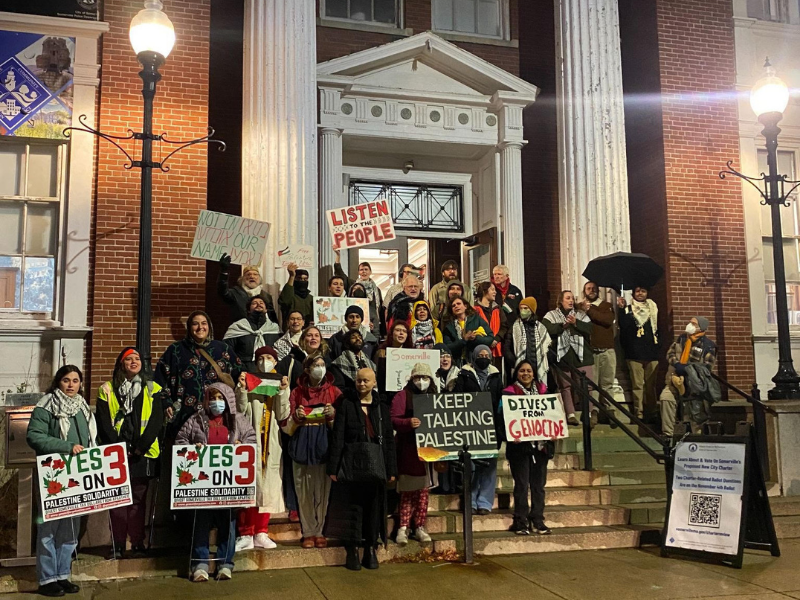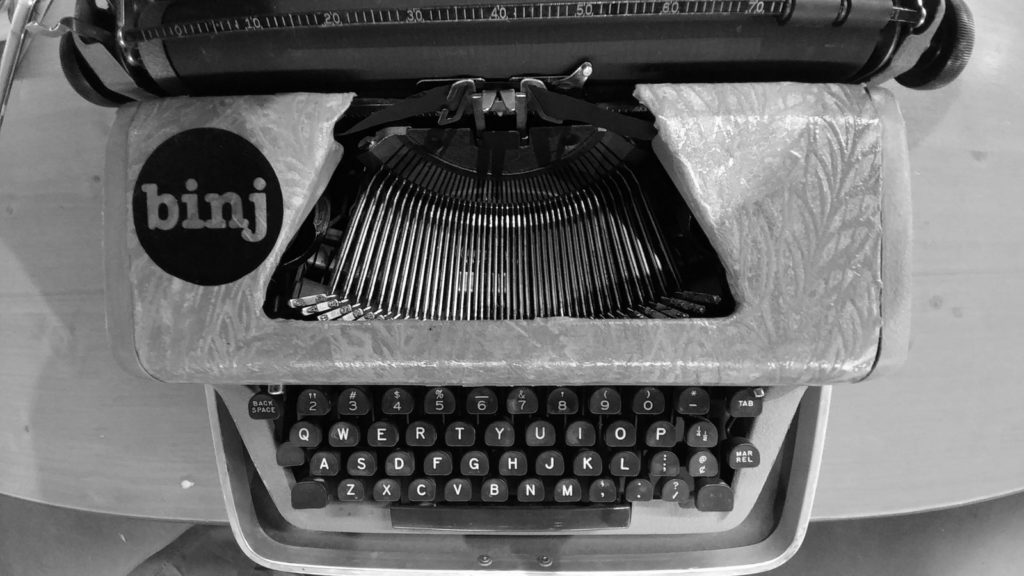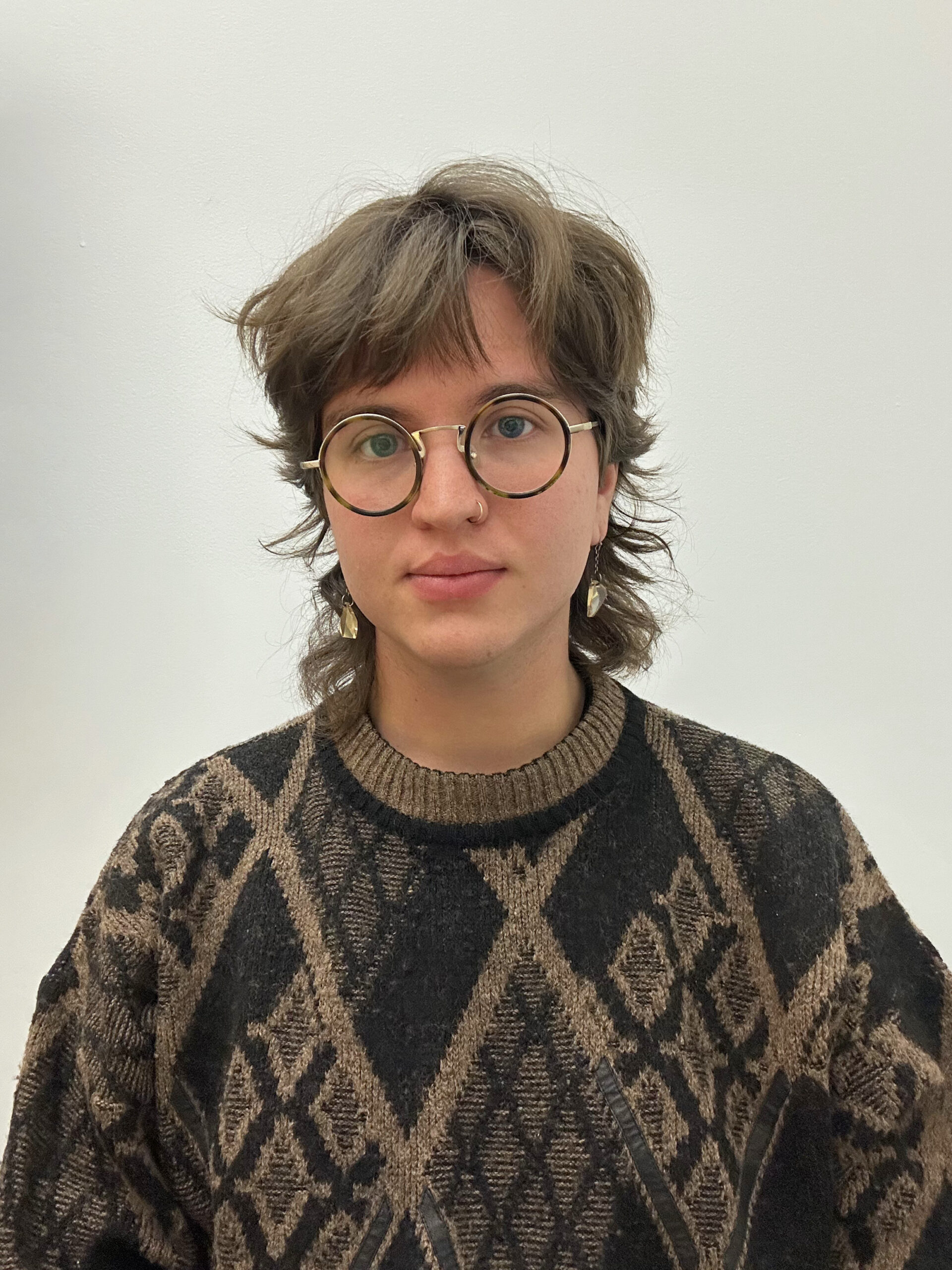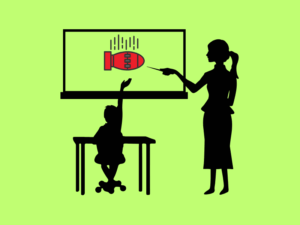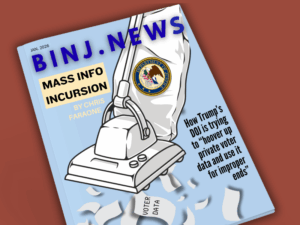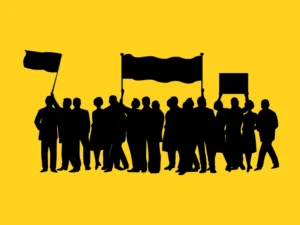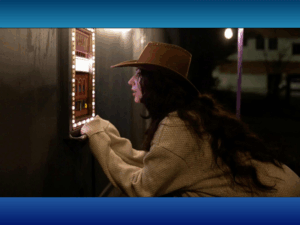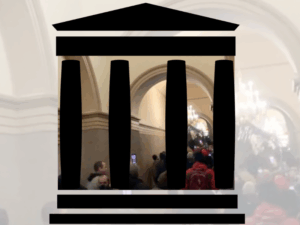Somerville, Mass – Last night, Somerville city councilors overwhelmingly voted 9-2 in favor of a resolution vowing to implement Question 3, a nonbinding call to end business with companies that “engage in business that sustains Israel’s apartheid, genocide, and illegal occupation of Palestine,” which Somerville voters passed by a wide margin earlier this month. If fully implemented, the move would make Somerville the third Massachusetts city to divest from companies involved in the ongoing genocide in Gaza, after Medford and Northampton.
“I don’t think it is ethical for the government to be invested in the death of human beings,” Councilor-at-large Willie Burnley Jr. said Wednesday. Burnley introduced the resolution and has been a vocal supporter of Palestinian rights and critic of Israel, and is outgoing after an unsuccessful run for mayor. Somerville currently invests in or contracts work from several companies who have aided Israel’s actions in Gaza, including Caterpillar, a company which has supplied bulldozers used to destroy Palestinian homes.
“I think it was really important that the council respected the will of the voters,” Burnley said at last night’s meeting, “and committed to moving forward on enacting their democratic role.” Question 3 passed with 55% of the vote, with all but one precinct voting in favor of it. “As one individual councilor I strongly believe that I owe this to the voters,” Ward 5 Councilor Naima Sait, who voted in favor of the resolution, said at the meeting. “Fulfilling the majority of the voters’ will regarding Question 3 is not different from all the other work I do as a councilor.”
Support for the ballot question leading up to the resolution was led by Somerville for Palestine and the Somerville Boycott Question for Palestine Committee, which drafted the question and collected over 11,000 signatures after councilors moved for residents to place the question on the ballot in March. Their efforts faced heavy opposition from Somerville United Against Discrimination, which raised over $200,000 from donors including the Anti Defamation League, and tried twice to remove the question from the ballot.
SUAD claimed that the measure was antisemitic in its naming of Israel, which it saw as discrimination on the basis of nationality. Mo Katz-Christy, a Jewish resident of Somerville and member of Somerville for Palestine, disagreed. “We as a people know the lasting impacts of trauma and are most suited to oppose the oppression of others,” they said at last night’s meeting. “I think voters heard very strong arguments on both sides of this, and then they voted yes,” said Ward 5 Councilor Ben Ewen-Campen
The resolution says the council will commit to implementing a binding version of Question 3 within a year “in a manner that is practicable and legally feasible,” something several councilors emphasized. “I think it’s really, really important,” said Ewen-Campen. “To be clear, there is clear precedent for Somerville using public funding as a way to honor our values,” he said, referencing the city’s successful commitments against doing business with companies that do not pay a living wage and against contracting prison labor services.
Question 3 specifically references Israel, which Northampton also did, but Medford did not. Organizers supporting the question said the language could have contributed to the strong opposition to it, but that it was important. “One of the most powerful parts was how uncompromising the language was,” said Lucy Tumavicus, treasurer for the Somerville Boycott Question for Palestine Committee.
The two who voted against the measure, Councilor-at-large Kristen Strezo and newly elected Ward 7 Councilor Emily Hardt, did so for different reasons. Hardt said she has “a lot to learn” given her very short tenure. “There is a lot I don’t understand about the many facets of this resolution,” she said at the meeting. “I am not able to abstain, so I will be voting no.” On Wednesday, Burnley criticized Hardt’s vote, saying “I hope she finds the moral courage to take a stance.”
“I voted ‘no’ because I see some problems with the resolution,” Hardt said in an email Wednesday, “but I respect that there are different views.”
Strezo opposed the content of the resolution, saying it “works against our collaboration as a community.” At the meeting, she sponsored Sam Gechter, president of SUAD, to speak. Gechter said at the meeting that “supporters of BDS (Boycott, Divest, and Sanction) have waved their hands and said ‘hopefully everyone can live together.’ That’s a utopian pipe dream.” Strezo did not respond to a request for an interview.
“I don’t want any of my money, or any of the money that I will receive, to come from the bloodshed of people anywhere in the world,” Burnley said, a sentiment Ward 1 Councilor Matthew McLaughlin shared at the meeting.
Tumavicus said that a binding resolution may be introduced in January, and that organizers have been working hard after the election. “We got such a resounding mandate, we can’t afford to let this political momentum go,” she said. Burnley said he hopes the resolution has a ripple effect and the effort to divest continues to be pushed forward following his departure from the council.
This article was produced for BINJ.News, the independent weekly magazine published by the Boston Institute for Nonprofit Journalism, and is syndicated by BINJ’s MassWire news service.

